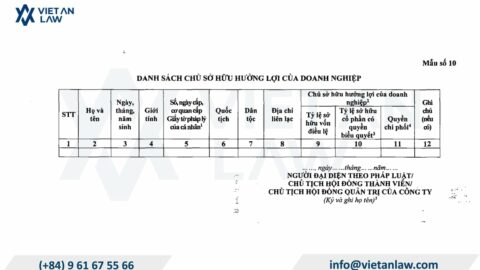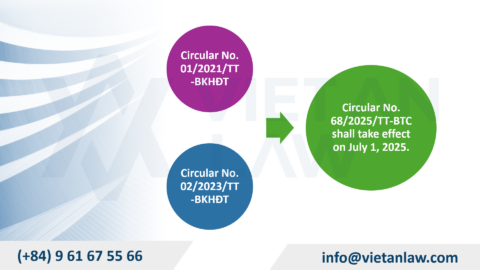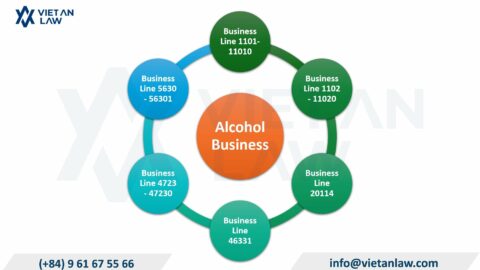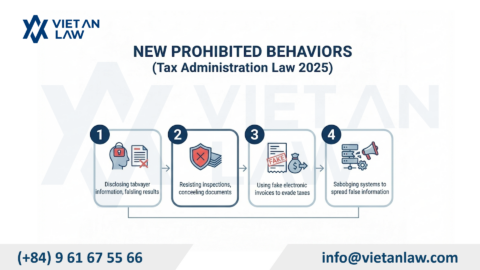As industries reshape global standards with the ever-evolving intellectual property sector, legal experts have analyzed how countries are adapting their intellectual property legal frameworks to keep up with digital innovation, sustainability, and economic uncertainties. In the article below, Viet An Law will summarize typical intellectual property trends globally in 2025, including intellectual property protection strategies, regulatory challenges, and proactive legal reforms.
Table of contents
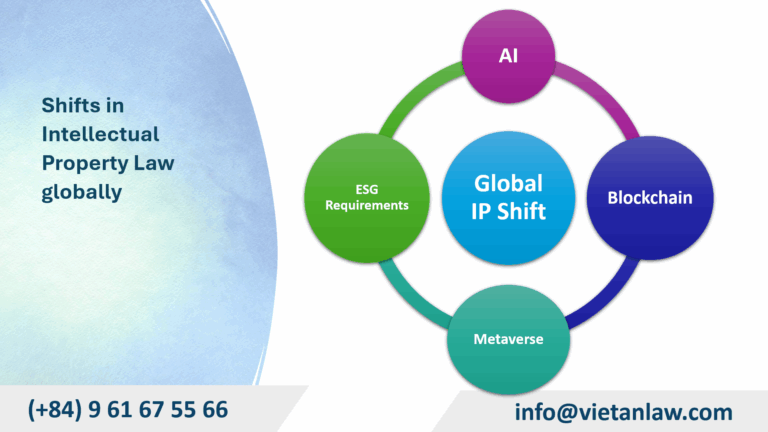
Shifts in Intellectual Property Law globally
In 2025, intellectual property law around the world is facing unprecedented changes due to the rapid development of new technologies and emerging industries. As artificial intelligence, blockchain, and the metaverse continue to develop, issues related to ownership and protection of digital assets, data, and innovation are becoming increasingly complex.
Simultaneously, the global race to adopt sustainable solutions and green technologies is creating new challenges for intellectual property frameworks, particularly in managing the intersection between environmental goals and proprietary innovation. Legal systems around the world are reviewing their intellectual property laws to address these growing concerns, ensuring that legal protections keep pace with technological and industrial advances.
New Zealand is seeing continued growth in several emerging industries such as agritech, renewable energy, digital technology, and biotechnology, with a focus on health, the environment, and food security advancements. Meanwhile, the digital technology sector will drive the most significant changes to intellectual property law in New Zealand. This is due to rapid innovation in software, artificial intelligence, and digital content, with New Zealand seeing its existing intellectual property framework struggling to keep up with new challenges, such as protecting AI-generated works, protecting software innovation, and data ownership.
In Thailand, artificial intelligence and environmental, social, and governance (ESG) innovation are expected to drive significant changes in the intellectual property landscape. With AI transforming industries at a rapid pace through the creation of new technology and content, challenges have arisen around intellectual property ownership and protection, particularly since Thai law was written long before generative AI was implemented. Determining whether AI systems or their developers own intellectual property protection is currently a major legal gap.
From an ESG perspective, there is an increased focus on sustainability that has encouraged the development of green technology, which in turn has created new intellectual property. There is also the potential for ESG-related innovation to go beyond the current regulatory framework to encourage further innovation in this area.
The development trend of intellectual property in China has similarities with Thailand, but has its unique characteristics in terms of national strategy. In this country, AI is expected to have a profound impact on the legal landscape of intellectual property. Notably, from the regulatory and legislative perspective, the New Generation Artificial Intelligence Development Plan issued by China in 2017 outlined a clear roadmap, predicting that by 2025, China will complete the establishment of an initial legal and regulatory framework for AI, build a system of related ethical standards and policies, and develop AI security assessment and control capabilities. This reflects China’s comprehensive strategy of developing a legal framework in parallel with technological advances in the field of AI.
AI-generated content in particular challenges traditional concepts of authorship and ownership, requiring new guidelines for copyright and patent eligibility. This may lead to reform of intellectual property law to clarify how AI-generated works are protected. Additionally, as digital content continues to expand, there will be an increasing focus on combating copyright infringement and unauthorized use of digital assets. Enforcement strategies may increasingly leverage technology, such as AI tools, to monitor and detect online intellectual property infringement.
In China, domestic and foreign companies will continue to file more patents related to the full layout of the IT technology stack in AI, including core chips, frameworks, models, and application technologies.
The increase in patent applications will be focused on the areas of renewable energy, waste reduction and environmentally friendly solutions – patents for green technology .
It is predicted that by 2025, we can observe an increasing trend of green technology patent applications in China. On the one hand, China has implemented a priority examination system for energy-saving and environmental protection technology. According to the Patent Priority Examination Management Measures issued by the China National Intellectual Property Administration (CNIPA), patent applications or patent re-examination cases related to energy saving, environmental protection, and other key national development industries can request expedited examination.
According to the Global Green Low-Carbon Technology Patent Statistical Analysis Report (2023) released by CNIPA from 2016 to 2022, China’s granted patents for green low-carbon technology accounted for 36.8% of the global total, with an average annual growth rate of 9.3%. In contrast, other countries and regions outside China experienced negative growth.
Addressing cross-border intellectual property challenges through a number of initiatives and strategies that protect domestic intellectual property while operating in compliance with international standards is critical.
In Thailand, for example, authorities are working to modernize intellectual property laws and regularly seek to bring them into line with international agreements, such as becoming a signatory to the TRIPS agreement to set global minimum standards for intellectual property protection.
Or in China, the “Guidelines on Optimizing the Foreign Investment Environment and Strengthening Efforts to Attract Foreign Investment” issued by China in August 2023 stipulates that the protection and administrative enforcement of intellectual property rights of foreign individuals/companies should be emphasized. In particular, the patent examination time in China has been reduced to 15.7 months, creating a competitive advantage compared to other major patent offices in the world. The above guidelines have integrated global best practices into China’s process, including an updated calculation method for patent term adjustment and the possibility of adopting a dual filing strategy.
Guidance for applicants to enhance intellectual property protection
To strengthen IP protection in 2025, businesses need to prioritize digital and AI-related innovation, effectively protect green technology initiatives, and secure cross-border IP rights in strategic markets. Regular updates to IP laws, especially in the areas of digital content and software, are key. Businesses should develop licensing and partnership models to optimize the value of their IP assets.
Intellectual property owners should focus on registering and enforcing their rights in the digital space and proactively monitor legal developments in AI. Developing a strategy for commercializing intellectual property in the technology, green technology, and manufacturing industries will greatly support market expansion.
Above is information about Intellectual Property Trends Globally in 2025 compiled by Viet An Law. For support with global intellectual property protection services, please contact Viet An Law. Sincerely!
